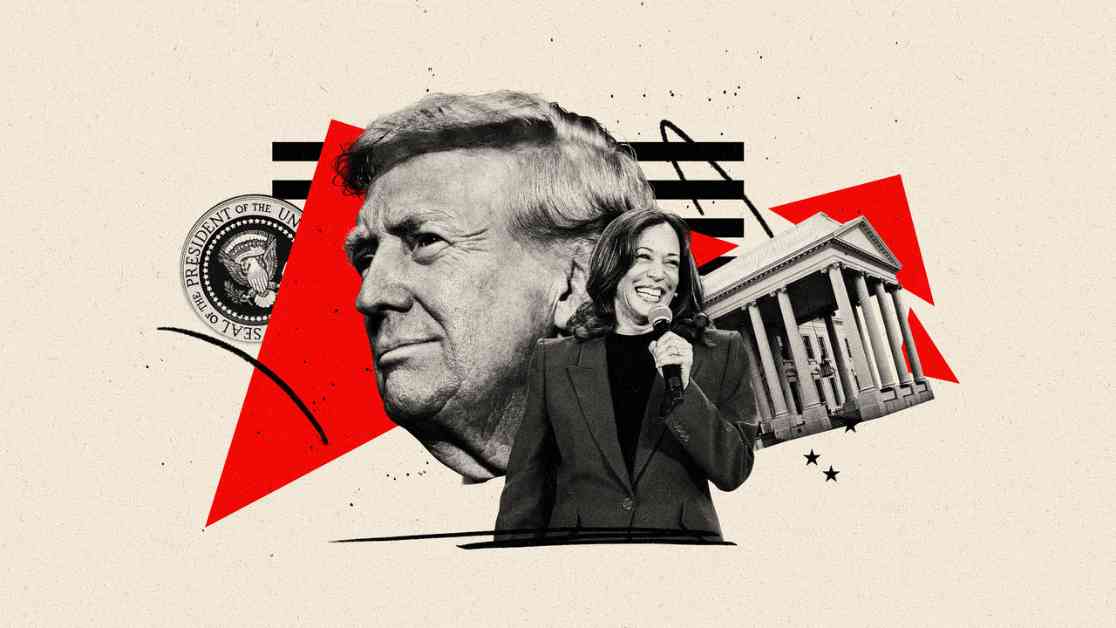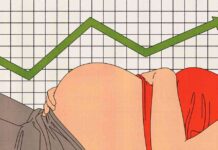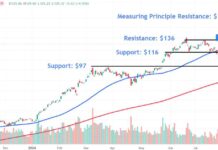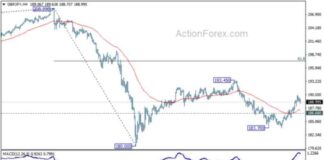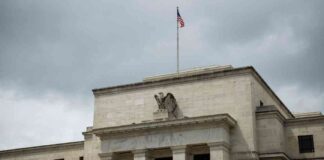Presidential Candidates and America’s Deficit: A Deep Dive
As the November presidential election draws near, the looming question on many Americans’ minds is: Who will make the deficit worse, Kamala Harris or Donald Trump? The state of America’s finances has taken a backseat in recent years, with both candidates proposing solutions that have been met with skepticism. Let’s delve into their respective stances on the deficit and debt, and how they plan to address these pressing economic issues.
Trump’s Unconventional Ideas and Harris’ Lack of Substance
Donald Trump’s approach to tackling the deficit has been nothing short of unconventional, with proposals like using cryptocurrency or drilling for oil to pay off the national debt. While these ideas may sound appealing on the surface, experts have dismissed them as unrealistic and nonsensical. On the other hand, Kamala Harris has made promises to reduce the deficit but has failed to provide a concrete plan to achieve this goal. The lack of substance in her proposals has raised concerns among voters and economists alike.
The Impact on America’s Finances
The state of America’s deficit is a pressing issue that cannot be ignored. With the country already facing a significant deficit, the decisions made by the next president will have far-reaching consequences for the nation’s financial health. A failure to address the deficit could lead to increased borrowing costs, reduced government spending on essential services, and a weakened economy. It is crucial for voters to consider the candidates’ proposed solutions and their potential impact on America’s finances.
In conclusion, the upcoming presidential election will have a significant impact on America’s deficit. Both candidates, Kamala Harris and Donald Trump, have put forth proposals to address this pressing issue. However, the lack of concrete plans and the unconventional ideas presented by the candidates have raised concerns among voters and experts. It is imperative for voters to carefully consider the candidates’ stance on the deficit and debt and make an informed decision at the polls in November.
